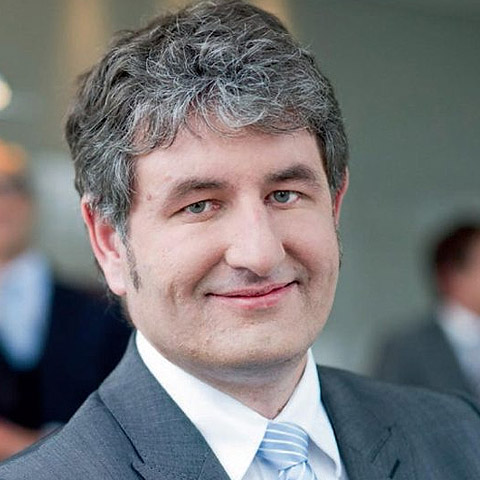In its judgment of 16 July 2020 in the Addis case, the Court of Justice of the European Union gave special protection to the procedural rights of asylum seekers.
Although the Asylum Procedures Directive 2013/32 itself does not regulate the consequences that may arise if an asylum authority fails to hear an applicant for international protection in the manner prescribed by law, the explicit requirement for a personal interview is clearly an integral and essential part of the asylum procedure. The right to a personal interview exists not only when the determining authority intends to take a decision on the merits of an application for international protection, but also when, as in the Dublin procedure, it intends to take a decision on the admissibility of such an application under Article 33 of Directive 2013/32. In this respect, the Procedures Directive expressly obliges the determining authority to hear the applicant in person before taking a decision on the merits or admissibility of an application.
The Federal Administrative Court has essentially asked the Court of Justice whether the failure to hold a personal interview can be remedied by the court if it conducts the personal interview itself and then confirms the decision of the asylum authority. Or must it nevertheless annul the decision of the determining authority and refer the case back to it for such an interview and for the adoption of a - possibly new - decision?
On the basis of the decision of the Court of Justice, it must be assumed that a remedy cannot be found in the judicial procedure.
The Court concludes that neither the personal interview nor the official investigation to be applied in the proceedings can remedy the deficiency in the judicial procedure, since, under the national rules governing the judicial procedure, not all the conditions prescribed by Article 15 of the Procedural Directive for the personal interview can be guaranteed in a court hearing.


